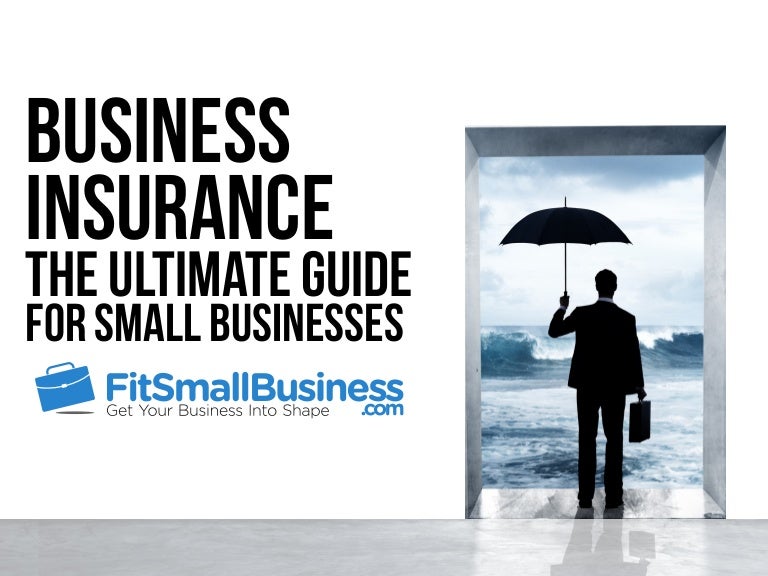Starting with 3 small business insurance, this guide delves into the crucial aspects of insurance coverage for small businesses, exploring the various types, factors to consider, and the importance of adequate protection.
Whether you’re a seasoned entrepreneur or just venturing into the business world, understanding the nuances of small business insurance is essential for safeguarding your hard work and investments.
Importance of Small Business Insurance

Small business insurance is crucial for protecting businesses from unforeseen risks and potential financial losses. Without insurance, small businesses are vulnerable to various liabilities that could threaten their operations and existence.
Examples of Potential Risks Small Businesses Face Without Insurance

- Property damage from natural disasters or accidents
- Lawsuits from customers or employees
- Loss of income due to business interruption
How Insurance Can Protect Small Businesses from Financial Losses
Insurance provides a safety net for small businesses by covering the costs associated with these risks. It can help businesses recover from losses and continue their operations without facing significant financial burdens.
Types of Insurance Coverage for Small Businesses
There are different types of insurance coverage available for small businesses to address specific risks they may encounter. Each type of insurance serves a unique purpose in protecting the business and its assets.
General Liability Insurance
General liability insurance protects businesses from third-party claims of bodily injury, property damage, or advertising injury. It provides coverage for legal fees, settlements, and medical expenses.
Property Insurance, 3 small business insurance

Property insurance covers physical assets such as buildings, equipment, and inventory from damage or loss due to fire, theft, or vandalism. It helps businesses recover and rebuild after a covered event.
Professional Liability Insurance
Professional liability insurance, also known as errors and omissions insurance, protects businesses from claims of negligence or inadequate work. It provides coverage for legal defense costs and settlements.
Factors to Consider When Choosing Small Business Insurance
Small business owners should carefully evaluate their insurance needs based on the nature of their business operations. Consider the following factors when selecting insurance coverage:
- Industry-specific risks
- Business size and location
- Revenue and assets
- Employee count and roles
Cost of Small Business Insurance: 3 Small Business Insurance
The cost of small business insurance premiums is calculated based on various factors, including the type of coverage, business size, industry, claims history, and location. To reduce insurance costs, small business owners can:
- Bundle policies
- Implement safety measures
- Review coverage annually
Closure
As we conclude our discussion on 3 small business insurance, remember that the right insurance coverage can make all the difference in protecting your business from unforeseen risks and financial burdens. Stay informed, stay covered, and secure the future of your small business.
FAQ Overview
What is ‘business interruption insurance’ and why is it important for small businesses?
Business interruption insurance helps cover lost income and operating expenses when a business is unable to operate due to a covered peril, such as a natural disaster or property damage. It is crucial for small businesses to ensure continued financial stability during unexpected disruptions.
Are there any specific insurance requirements for home-based small businesses?
Home-based small businesses may require additional insurance coverage beyond standard homeowners’ insurance. It’s essential to consult with an insurance agent to assess the unique risks of your home-based business and determine the appropriate coverage needed.
How can small business owners determine the right amount of coverage needed for their business?
Small business owners can assess their coverage needs by evaluating potential risks, business assets, revenue streams, and industry-specific liabilities. Consulting with an insurance professional can help determine the optimal coverage levels to adequately protect the business.
